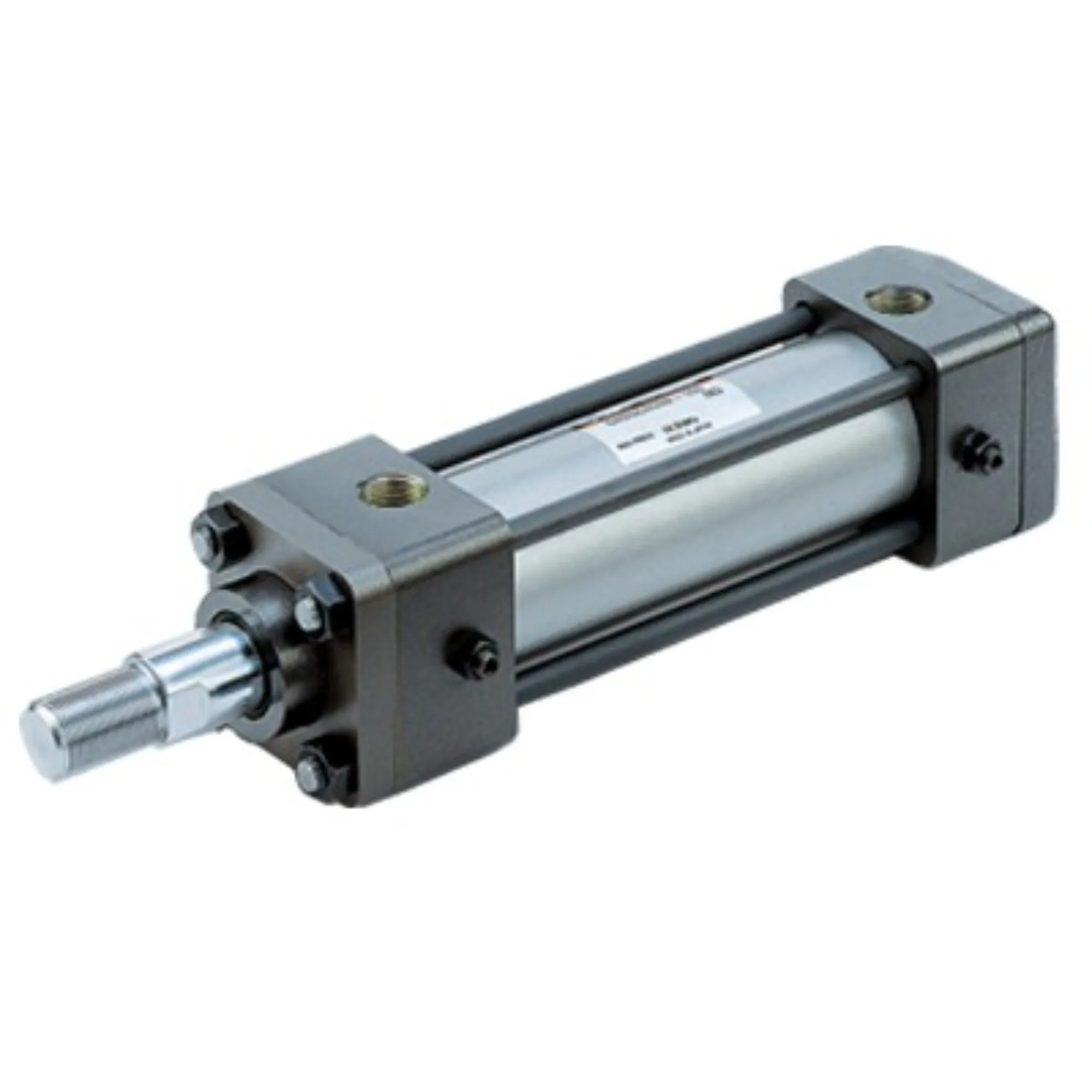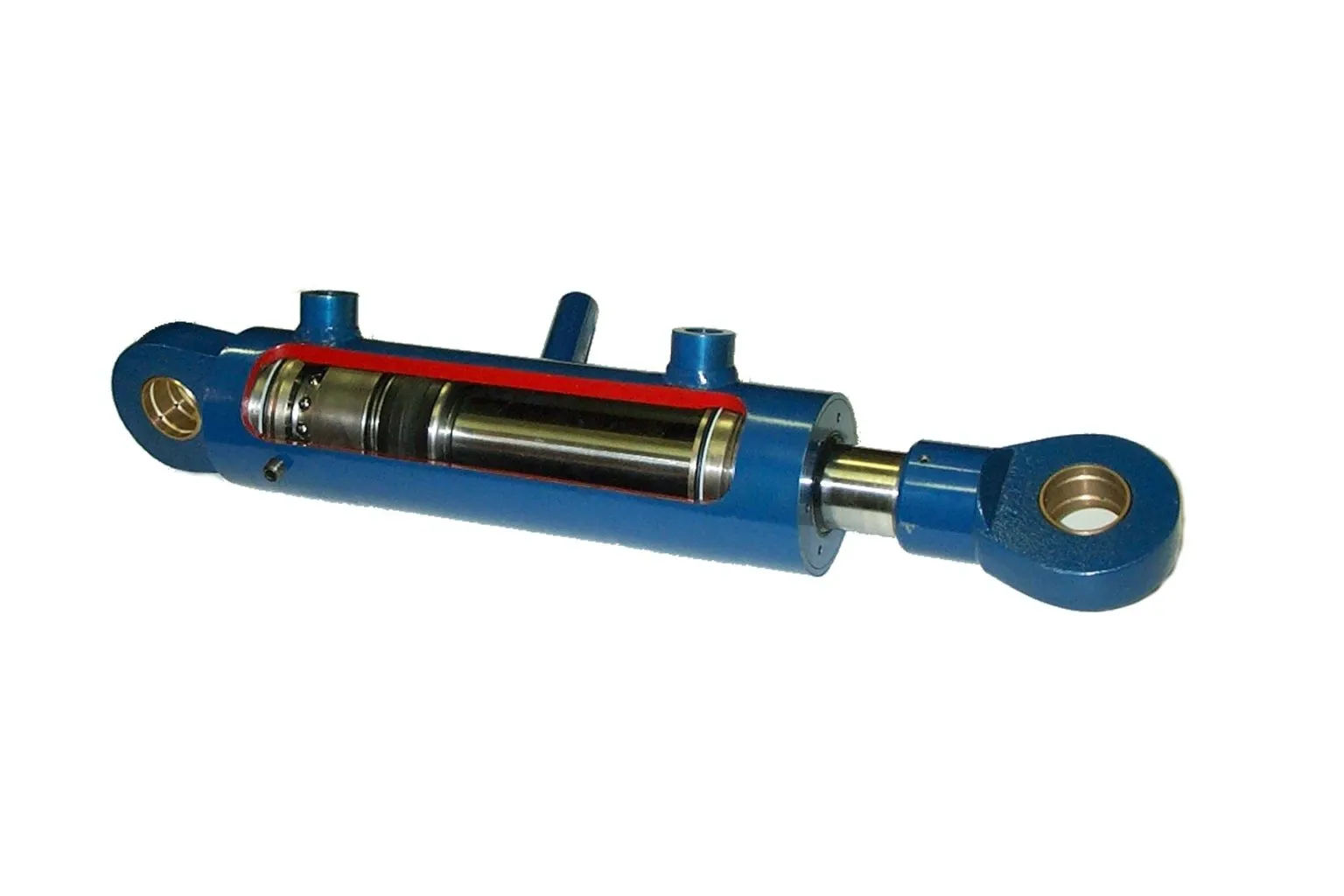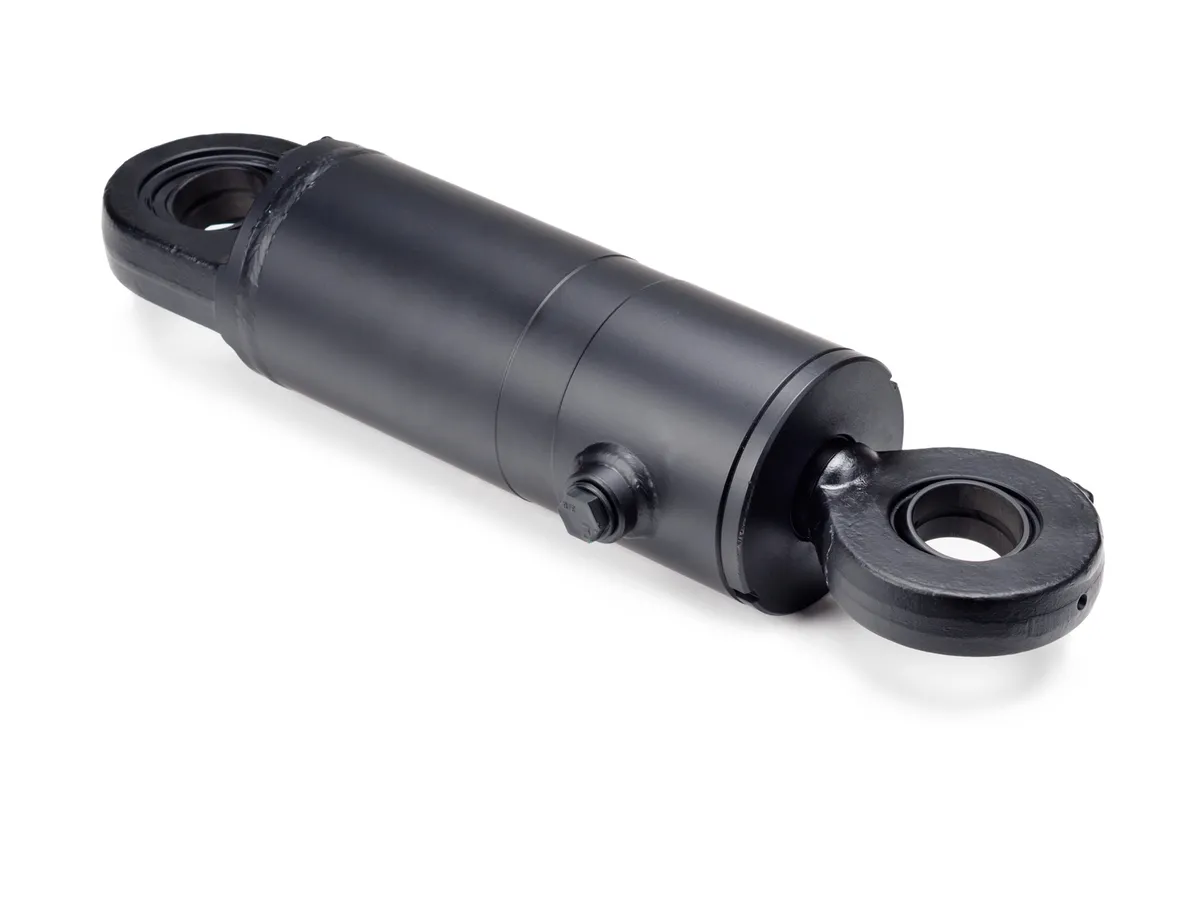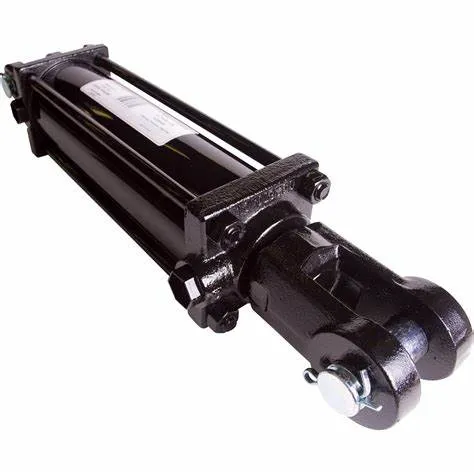Locking Welded Hydraulic Cylinders For Safety Compliance
Introduction
Locking welded hydraulic cylinders are essential components in hydraulic systems that ensure safety compliance and efficiency in various industries. These cylinders play a crucial role in maintaining load stability and preventing accidents during operation. Let’s delve into the design, construction, working principle, types, advantages, performance characteristics, applications, maintenance, and safety considerations of locking welded hydraulic cylinders.
Design and Construction Characteristics
Locking welded hydraulic cylinders are designed with specific locking mechanisms that enhance safety and simplify operation. The use of a locking device ensures that the load is maintained without pressure, improving work efficiency. These cylinders are typically made of high-strength steel for enhanced durability and compression resistance. Additionally, they feature anti-corrosion coatings to withstand harsh environments. Their compact design saves space and allows for versatile applications in various equipment.
Welded Process
The precision welded technology used in locking cylinders ensures the strength and tightness of the cylinder block. Seamless connections are inspected to eliminate leaks and weaknesses.
Easy Installation
Many locking cylinders have a modular design for easy installation and maintenance. They feature standard interfaces for compatibility with other devices, making them suitable for diverse industries.
Working Principle

Locking welded hydraulic cylinders operate based on the transfer of force through a liquid medium. The piston movement within the cylinder handles the workload, supported by a sealing system that ensures pressure release when needed.
Types and Configurations
Locking welded hydraulic cylinders come in various types and configurations to suit different applications. Each type offers unique features and benefits, enhancing safety, efficiency, and performance in specific tasks.
Top Five Advantages
Locking welded hydraulic cylinders provide several advantages, including improved safety, operational efficiency, and versatility. Their high load capacity and compact design make them ideal for heavy-duty work and limited space applications.
Performance Characteristics
These cylinders excel in locking mechanisms that securely hold loads and materials, durability with high-strength materials, compact design for space-saving solutions, and high load capacity for heavy workloads.
Industries and Applications
Locking welded hydraulic cylinders are widely used in construction, agriculture, manufacturing, ships, and offshore applications. They power cranes, loaders, presses, and automation systems, demonstrating their adaptability across various machinery and equipment.
Design Considerations and Selection Criteria
When choosing locking welded hydraulic cylinders, consider factors such as bearing capacity, sealing, durability, safety, and maintainability. These criteria ensure optimal performance and longevity in hydraulic systems.
Sealing and Lubrication
Proper sealing and lubrication maintenance are crucial for locking welded hydraulic cylinders. Using wear-resistant seals and lubricants enhances wear resistance and ensures smooth operation.
Regular Inspection and Preventive Maintenance
Regular inspection and preventive maintenance measures are essential to keep locking welded hydraulic cylinders in optimal condition. Follow specific guidelines for inspection, lubrication, and part replacement to extend the cylinder’s lifespan.

Installation Guide
Correct installation of locking welded hydraulic cylinders is vital for their performance and safety compliance. Follow detailed guidelines for proper installation to avoid operational issues and ensure efficient operation.
Maintenance Tasks
Implement regular maintenance tasks such as inspection, lubrication, seal replacement, and calibration to prolong the lifespan of locking welded hydraulic cylinders. Prioritize correct installation, lubrication, and adjustment for optimal performance.
Safety Considerations
Adhere to safety measures and environmental factors when using locking welded hydraulic cylinders to prevent accidents and ensure workplace safety. Prioritize safety compliance and operational guidelines for secure operation.
Fault Diagnosis and Common Problems
Identify common issues and faults in locking welded hydraulic cylinders to diagnose and resolve problems effectively. Implement troubleshooting tips and solutions to minimize downtime and maximize cylinder efficiency.
Questions and Answers
1. How does the locking mechanism enhance safety during operation?
2. What materials are commonly used in the construction of locking welded hydraulic cylinders?
3. In which industries are locking welded hydraulic cylinders most frequently used?
Long Tail Keywords

1. High-strength Steel Locking Welded Hydraulic Cylinder
2. Corrosion-Resistant Locking Welded Hydraulic Cylinder
3. Modular Design Locking Welded Hydraulic Cylinder

Our Company
We are a leading hydraulic cylinder replacement manufacturer with a comprehensive product line catering to domestic and international markets. Our company focuses on professionalism, international certifications, customized services, advanced production equipment, and exceptional after-sales support.
Author: lyl
